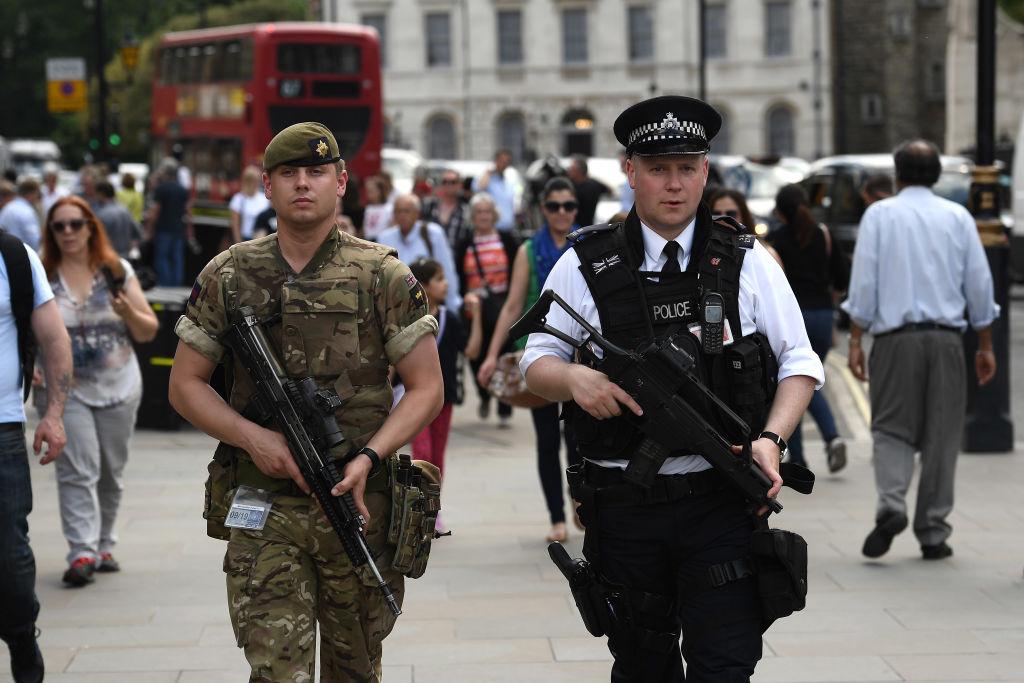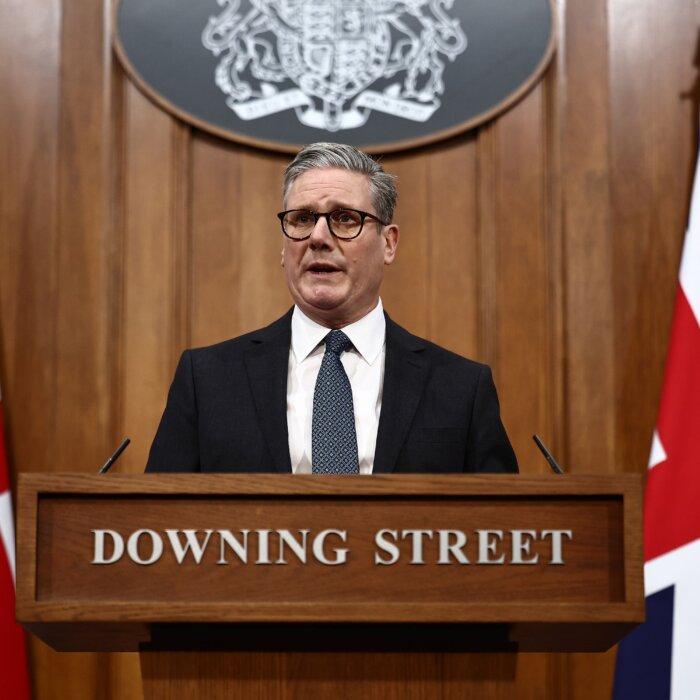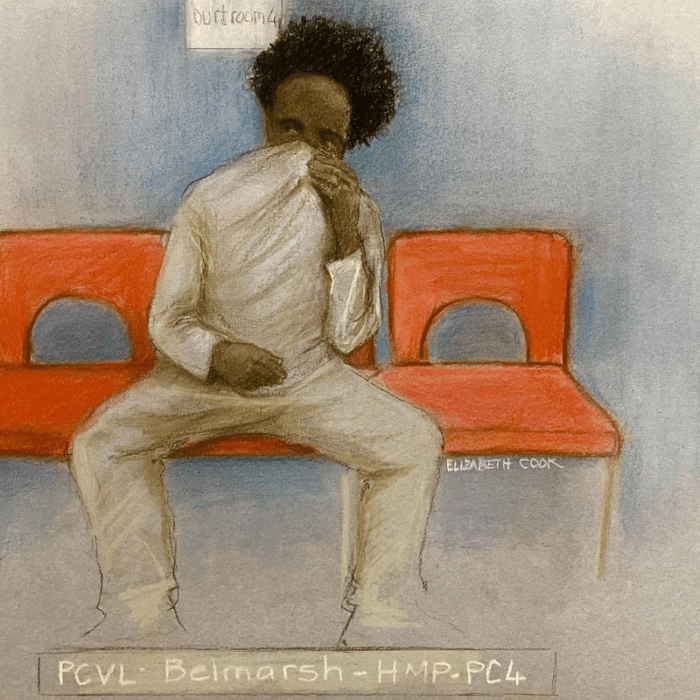Introduced in 2003, the programme aims to divert people, especially teenagers and other young people, away from Islamic and other forms of extremism.
Despite the aim of the programme to identify people at risk of radicalisation, Southport attacker Axel Rudakubana slipped through the cracks as it emerged he had been referred to Prevent three times between December 2019 and April 2021.
On July 29 last year, he attacked children at a Taylor Swift themed dance class in Southport, killing three and seriously injuring 10 other people.
Investigation by the Counter Terrorism Policing has uncovered Rudakubana’s wide interest in conflict, violence, genocide and terrorism, and that he had accessed a wide range of online material related to these topics.
“The three referrals took place between three and four years before the Southport attack, including following evidence that he was expressing interest in school shootings, in the London Bridge attack, the IRA, MI5 and the Middle East,” Cooper told the MPs on Tuesday.
Rudakubana had also had contact with the police, the courts, the Youth Justice system, social services and mental health services.
“Yet between them, those agencies failed to identify the terrible risk and danger to others that he posed,” said Home Secretary Yvette Cooper, as she announced plans to reform Prevent.
Answers to why the referrals were closed and how Rudakubana came to be so dangerous are set to be published, including through a public inquiry, announced on Monday evening.
Additionally, an independent Child Safeguarding Practice Review will review the role of all the agencies involved with Rudakubana, their interaction with him and his family.
Slipping Through Cracks
The Southport stabbings are the latest example where individuals, previously referred to the Prevent program, have subsequently committed murder or terrorist attacks.During his trial, the court heard that Ali, who was born into an influential Somali family in London, became self-radicalised in 2014.
His attack was no spur-of-the-moment decision, as the assailant had been preparing to carry out a terrorist attack for a number of years, said the prosecution.
After considering a trip to Syria to fight for the ISIS terrorist group, he chose to stay in the UK and carry out an attack there.
He had been known to authorities and was referred to the government’s Prevent programme.
However, he continued to plot in secret, carrying out reconnaissance on his targets.
Khan was under statutory notification requirements imposed by terrorism legislation, managed by Staffordshire Prevent officers.
Just days before the attack, Prevent officers visited him to photograph his DVDs and video games, an act he reportedly found invasive, causing him to become visibly upset—a reaction that raised concerns among the officers.
In 2018, a teenager named Ahmed Hassan planted a home-made bomb that partially detonated at Parsons Green in west London during the morning rush hour.
Hassan was subsequently found guilty of an attempted murder and jailed for life.
Hassan had been referred to Prevent and eventually placed on the multi-agency Channel programme.
Prevent Reform
The Home Office will conduct a review of Prevent thresholds following the Rudakubana case, where he was deemed not to meet the criteria for intervention.The threshold criteria under Prevent are used to decide if someone is at risk of being drawn into terrorism and needs support. This includes signs of radicalisation, expressing extremist views, planning harmful actions or being influenced by extremist groups.
Cases deemed high-risk are reviewed by the Channel Panel, chaired by the local authority, as well police, education, social services, and mental health professionals.
The review of thresholds will include those on Islamist extremism, where Cooper said the referrals “have previously been too low.”
“We’re looking at cases where mental ill health or neurodivergence is a factor, and developing new arrangements with other agencies which may not meet the threshold for Channel counter-extremism support, but where violent behaviour urgently must be addressed,” she told MPs.
The announcements follow heavy criticism of the government’s handling of the Rudakubana case, with figures like Nigel Farage accusing Sir Keir Starmer’s administration of withholding key information.
Shadow home secretary Chris Philp argued that Rudakubana’s Prevent referrals could have been disclosed without jeopardising the murder trial.
The government, however, insists that restrictions on information were necessary to ensure juries receive unbiased evidence, safeguarding the fairness of trials and ensuring justice is served.
MPs also heard that director of MI5 had recently said 13 percent of those investigated for terror are now under-18.
“There is a huge question about what powers, what interventions are available in a case where even if they had a sufficiently identified the scale of risk and dangers he poses, what could be done?” said Cooper.
She said new youth diversion orders could be introduced in the upcoming Crime and Policing Bill to stop radicalised young people from carrying out attacks if the Prevent system had not worked.







